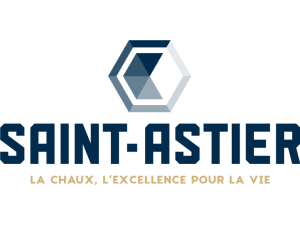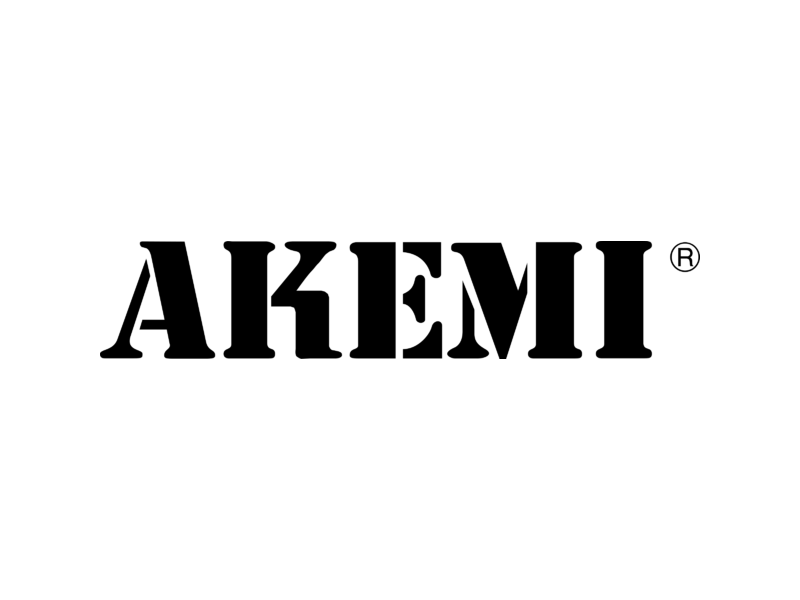About the Farm and Philosophy
The Historic Dierstein Millhafen Farm (ca1736) of Bucks County, Pennsylvania is located at 3145 State Road in Telford. This old farmstead holds a beautiful character defining feature- The Derstine Sawmill. This property altogether is now being used as a haven to that element of Americana when water driven equipment helped to process many necessities of life such as lumber and grain. The old German word for haven is hafen and it is used to suggest that this place is a Mill-hafen to safeguard the local history of the built environment at the edge of what is known as The Indian Valley. The Water-Powered Sawmill, which was destroyed by fire and replaced three times at this location, operated continuously for over 150 years. Many trials and triumphs were part of the Derstine story and this farmstead. The mill had previously acted as a gristmill from time to time while the saws also turned. The farm and its sawmill is historically significant because it was from this place that much of the lumber was produced which helped develop the entire immediate region with town names of Souderton, Telford and Sellersville. This property, in a sense was a trade center. It is appropriately now being adaptively re-used as the place to encourage and teach traditional trades and also supply old world materials and tools used to restore vintage structures.
LimeWorks.us has an itinerary of scheduled training workshops which are held in the old buildings on the campus and these workshops are orchestrated by the Craftwork Training Center.
It just so happens that The Historic Dierstein Millhafen Farm (ca1736) of Bucks County has a wholesome farmstead atmosphere. It is a place where people can sense the deep history. We purposefully chose to land the Headquarters of LimeWorks.us and the Craftwork Training Center at a place such as this because it offers an atmosphere to contemplativness. It was our intent to encourage visitors to engage in discussions about architecture, history, politics, religion and the future of the world if any of these topics naturally come up during workshops or everyday conversations among peers. All of these types of discussions are encouraged. Some of these subjects are often considered taboo and safer to be brushed aside. However in the honesty of what is experienced as a depth of history found at Dierstein Millhafen Farm, and in the spirit of being transparent with one another we hope some freedoms are ethically enjoyed by all who visit.
One purpose to encourage discussions of all of these topics is because these types of discussions may lead to an element that gets translated into the art which individuals produce. Sharing ideas get creative juices flowing and can open the minds of all who participate to understand varying dispositions that could potentially broaden each individual’s own art. Historically, things like the carving of stone grotesques which were installed into a cathedrals of the past, or creating murals in wet plaster that also contained expressions of the artisan and meant to convey their real feelings or world view either for or against the status quo of cultural beliefs were a norm in ages past. So, discussions about life as it exists now and in contrast to life in the past may only help unlock understanding about the meaning behind the work of artisans from the past if their work were studied and mirrored when attempting to create replacement pieces for restoration campaigns or in making new art that possesses individual passion and expressiveness.
At Dierstein Millhafen Farm of Bucks County it is hoped that there will be future archaeological digs that bring forth items to discuss. Things discovered at the may encourage our participants to understand how to bring context into interpretations that ultimately affect the conservation work at this farmstead. Open mindedness is foundational to supporting a “best practices” approach for preliminary interpretive study. Discussions had over any artifacts found, (especially ones that are craft related), may help in understanding why people who occupied time at this farm, did the things the way they did outside the simple and obvious reason “just to survive or just to make a living.”
Overall, be sure if you come to The Historic Dierstein Millhafen Farm (ca1736) of Bucks County there will be a spirit of hospitality at the farm. We hope that every visitor who arrives, who we know will come from many different walks of life, can have a great experience and know that they too can be heard. Being heard is important. So if any person who come to our workshops and it naturally comes up to share a different perspective in their life derived from their own culture and environment that could only lend to some potentially exciting conversations. We just hope that new friends can be made when conversations ensue with other open-minded artists who all have an attitude to foster a creative and easy going environment for dialogue.
The historical context of The Historic Dierstein Millhafen Farm (ca1736) of Bucks County was that it was established by a family belonging to the Christian sect known as the “Mennonites.” This farmstead does not have an allegiance to the Mennonite faith or the teachings of Jacob Menno whose name the Mennonite faith was borne from. However, since this was the faith of the family who originally settled the farm in ca1736 and who lived there for 7 generations, the Christian faith and especially its New Testament teachings are welcomed here. If individuals come to the farm and interpret and carry out what that means to them as they understand it, this of course is welcomed too along with any positive and wholesome attitude that supports being a decent human being. The easy going environment of the farm if it is not specifically branded as “Christianity” is generally sympathetic the teachings of Jesus and to non-violence and to the support of having the attitude of helping others.
In summary, this place is about the trades. This place is about historic preservation. However, philosophically, this place is dedicated to remaining a haven for encouraging the hopeful possibilities found in discovering and improving on one’s own art which could be further enhanced by openness, tolerance and camaraderie shared in discussions about all philosophies and faith. In contrast, Developers bulldoze historic structures calling the increased bottom line a higher and best use of real estate. In contrast, things are thrown away instead of adaptively re-purposing them. In contrast this “modern world”, suggests in some ways that the idea of having a spiritual faith or even having an optimistic outlook in life is considered as trite. All of our intents were historically supported from the very beginning when William Penn attempted his “Holy Experiment”, as he called it, to have openness to varying religious orders within Pennsylvania. Being a Christian is not a per-requisite to coming to or working at The Historic Dierstein Millhafen Farm (ca1736) of Bucks County or participating in any way at the Craftwork Training Center. However, the idea of a higher guiding power and/or an Intelligent Designer is simply a welcomed concept because crafts practiced and taught often require higher guided thinking and intelligent design in their effective processes and that is something that is foundational to our successes.












